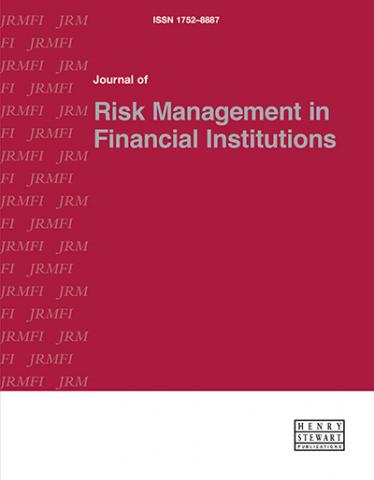"The journal has interesting and thought provoking articles covering a wide range of topics. The articles are written by highly competent participants from the industry that can give a good insight in to its various areas."
Anticipating market model failure: Competitive pressure and the mortgage backed securities market
Click the button below to access the full article.
Abstract: Market models that have worked well for years can suddenly fail dramatically, such as during the financial crisis of the late-2000s. For example, models that assigned credit ratings to mortgage-backed securities (MBS) predicted relative default rates well for decades. It was only in the late-2000s that these models under-predicted defaults by orders of magnitude. Why then? This paper argues that high competitive pressure spurs market participants to change strategies, which can break models. Behavioural research has demonstrated the powerful effect of competition on people’s strategies. Indeed, it was in the mid-2000s that competitive pressure spiked among mortgage originators and securitisers, as measured by indicators such as changing market share. Originators and securitisers reacted with a variety of new strategies: creating new mortgage types like no-documentation loans, improving the efficiency of back office processing of mortgages, reducing quality control and, in some cases, committing fraud. Unfortunately, credit rating agencies, secure in their dominant market positions, had no spur to update their models to keep up with the changes. Thus, risk managers could anticipate model failure by monitoring competitive pressure in the relevant markets.
Keywords: risk management, model failure, competition, behavioural finance
Jean Whitmore developed risk management software at an options trading firm. She earned a master’s degree in sociology from the University of Chicago, did graduate research with psychologist Gerd Gigerenzer and earned her undergraduate degree in physics. She now works at Google.



